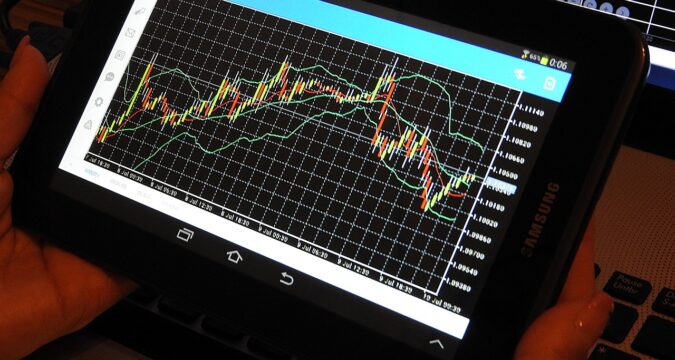
On Tuesday, European stocks dropped to lows of 11 weeks, as they extended their declines for the sixth consecutive session.
Risk-taking bets remained on the low side because of expectations of another 75 basis points increase in the interest rate on Wednesday by the US Federal Reserve.
Stocks down
The continent-wide STOXX 600 index had recorded a 1% increase in the trading session earlier, but it fell 1.1% at the end of the day, with almost all major sectors in negative territory.
There was a 4.1% drop in real estate stocks, with Swedish names leading the fall after a 100 basis points increase in the interest rate was announced by the Riksbank in a week that will be central-bank heavy.
This is because the move of the Swedish central bank could exacerbate the challenges that the real estate industry is facing since it is heavily leveraged.
Therefore, there was a drop of 6% to 7% in Stockholm-listed Sagax, Wallenstam, and Fastighets AB Balder.
The main stock index of Sweden also recorded a 2.0% drop to reach lows of two years.
Rate hikes
The meeting of the US Federal Reserve would also end on Wednesday and it is expected to deliver its own interest rate rise of 75 basis points.
This would be the third consecutive hike of the same size, as the US central bank remains determined to tame the surging inflation in the economy.
Markets will also be keeping an eye on the decision of the Bank of England on Thursday, as there is uncertainty around the rate hike, whether it will be 50 basis points or 75 basis points.
Market analysts said that there was not much room for optimism in the market, given the possibility of a hawkish stance and hefty rate increase from the FOMC as well as the Bank of England.
Moreover, the sentiment was also weighed down due to geopolitical tensions between China and the United States over Taiwan.
Earlier this month, the European Central Bank had already increased its own lending rate by 75 basis points.
Market performance
There has already been a 17% decline in the STOXX 600 index so far in 2022, as the Russia and Ukraine war has just exacerbated the inflation brought on by the pandemic.
Therefore, most central banks have been trying to tame the numbers, while risk appetite has been sapped due to concerns about an economic recession.
With Europe facing an energy crisis, German utilities Uniper and RWE are moving closer to signing a long-term deal with the North Field Expansion project of Qatar.
This would be to purchase liquefied natural gas for replacing the Russian gas supplies. Sources also disclosed that the German government plans on nationalizing Uniper.
There was a rise in shares of Uniper by 3.8%, while its parent Fortum also recorded gains of 9.5%.
Meanwhile, German data showed that there was a rise in producer prices in the month of August, both in monthly and annual terms, primarily due to rising energy prices.


